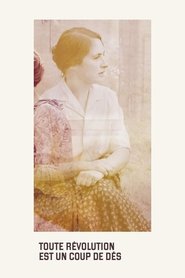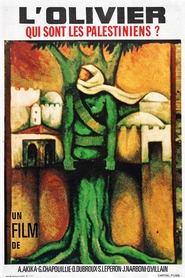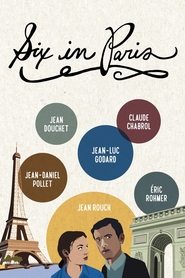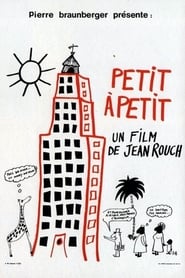detail profile dominique villain

Info Pribadi
Peran Yang Di Mainkan Dominique Villain
 Agathe embarks on a journey to...
Agathe embarks on a journey to...Agathe, Solange and Me 2024
Agathe embarks on a journey to uncover the life of her grandmother, Solange, an artist and writer whose story intertwines with history, memory, and loss. Joined by filmmaker Louise, an old friend, they navigate family films, letters, and the past to connect generations. Through Agathe’s search, the documentary reveals buried emotions and traces a legacy across time.
 A tribute to Mallarm that not...
A tribute to Mallarm that not...Every Revolution Is a Throw of the Dice 1977
A tribute to Mallarmé that not only asserts the continuing relevance of his work but also confronts its literary ambiguities with political and cinematic ambiguities of its own. In outline, the film could not be more straightforward: it offers a recitation of one of Mallarmé’s most celebrated and complex poems (it was his last published work in his own lifetime, appearing in 1897, a year before his death) and proposes a cinematic equivalent for the author’s original experiment with typography and layout by assigning the words to nine different speakers, separating each speaker from the other as she or he speaks, and using slight pauses to correspond with white spaces on the original page.
 Filmed between 1973 and 1975 LOlivier was produced...
Filmed between 1973 and 1975 LOlivier was produced...The Olive Tree 1976
Filmed between 1973 and 1975, L’Olivier was produced by the Vincennes Cinema Group. This activist collective of teachers and filmmakers, formed on the occasion of this film, attempts to explain the Palestinian problem through interviews. The Olivier was one of the first films to attempt to give substance to what was still largely ignored in the West: the existence of the Palestinian people and their fight to recover their rights. L'Olivier responds to a concern: the already weak support of French public opinion for the Palestinian cause diminished following the Munich operation of 1972. Structured in such a way as to tell the Palestinian story and explain the state of the struggle at the time, the film appeals to global militant solidarity and, in particular, to European political commitments.
 Six vignettes set in different sections...
Six vignettes set in different sections...Six in Paris 1965
Six vignettes set in different sections of Paris, by six directors. St. Germain des Pres (Douchet), Gare du Nord (Rouch), Rue St. Denis (Pollet), and Montparnasse et Levallois (Godard) are stories of love, flirtation and prostitution; Place d'Etoile (Rohmer) concerns a haberdasher and his umbrella; and La Muette (Chabrol), a bourgeois family and earplugs.
 An African travels to Paris to...
An African travels to Paris to...